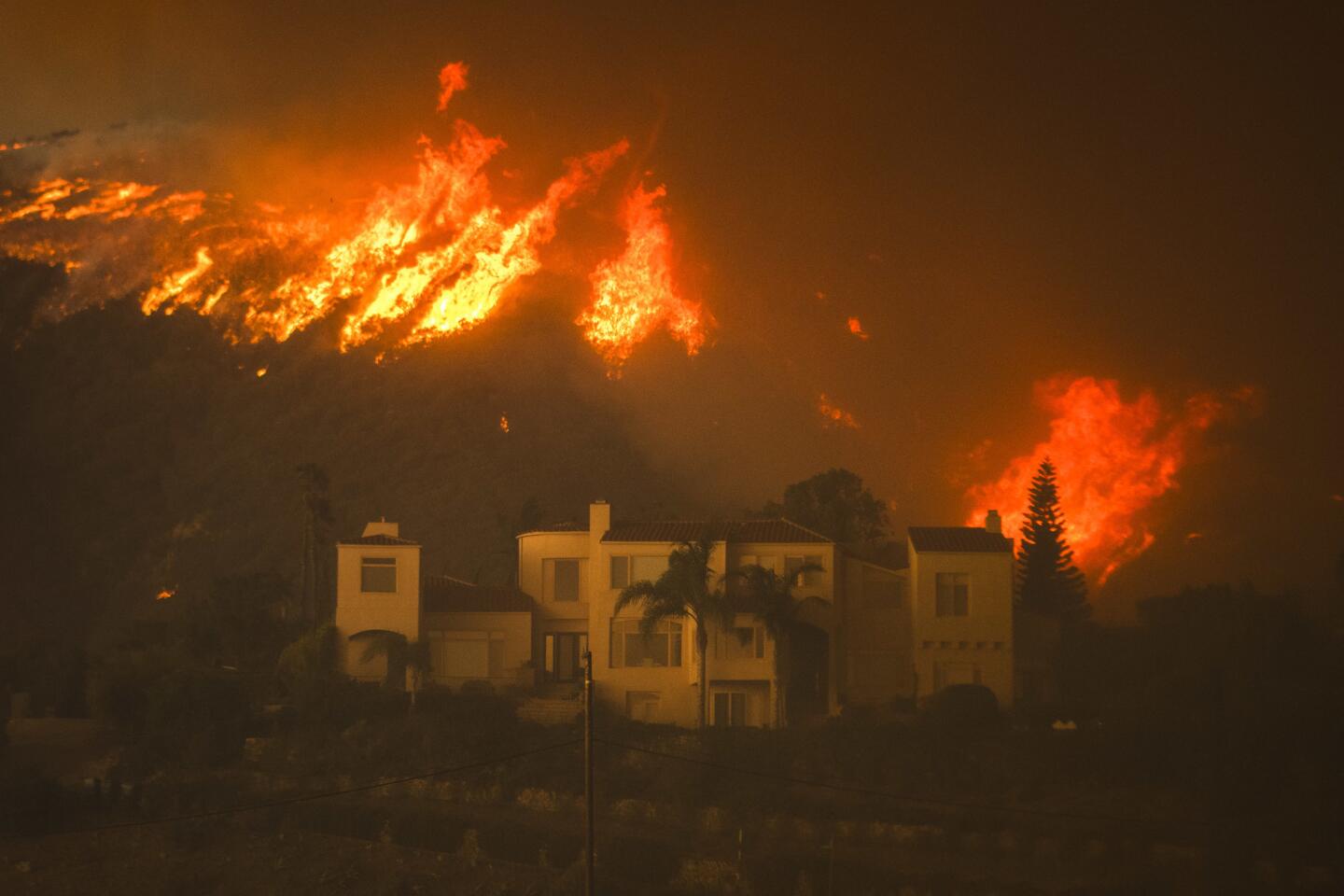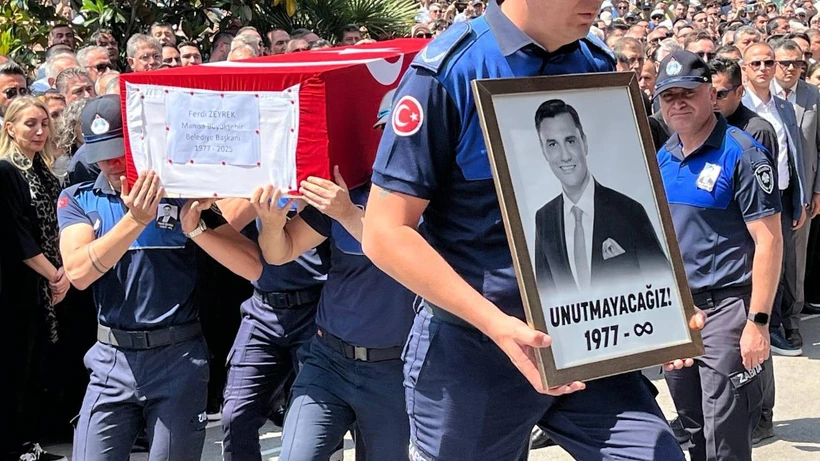
According to USA Today news The devastation caused by the Altadena fires is far more than the loss of homes—it threatens the generational wealth and cultural identity that have defined this vibrant community for decades. Residents now face the daunting challenge of rebuilding, while many fear the unique character of Altadena may be lost forever.
A Fire Without Warning
For Erion Taylor, the wildfire’s arrival was unexpected and terrifying. With no official alert, her first warning came from a text in her neighborhood group chat: “We’re evacuating La Vina.”
Grabbing only essentials and important documents, Taylor, 44, who owns a nurse registry, fled with her husband Stephan, 42, and their three children. As they drove to pick up her mother-in-law, a 40-year resident of Altadena, they saw the fire approaching in the distance.
“I prayed our town would be spared,” Taylor said. But the next day, a neighbor’s text shattered that hope: “I’m sorry to tell you, everything is gone.”
Taylor’s family is among thousands now reckoning with the loss of their home and community. “Our whole life is in Altadena,” she said. “Practically everyone we know here has lost their home. Our children’s schools, our city—it’s all destroyed.”
A Unique Community in the Shadow of Glitzier Neighbors
Altadena, just 13 miles north of Los Angeles, is a culturally rich, diverse community with deep historical roots. Unlike its affluent neighbors Pasadena and Pacific Palisades, Altadena has long been a haven for working-class families and was a refuge for Black Americans fleeing systemic racism during the Great Migration.
Today, Altadena remains a mosaic of cultures, with 18% of its population identifying as Black and nearly 30% as Hispanic. More than 70% of its residents own homes, a reflection of the community’s stability and resilience. “It’s a beautiful little town,” said Stephen Steward, 64, a retired parole agent. “There’s something for everybody.”
Generational Wealth Reduced to Ashes
The aftermath of the Altadena fires has brought significant challenges to the community as they strive to rebuild. The devastating fires have not only destroyed homes but also shattered generational wealth accumulated over the years. With a median household income of $93,135 and a median home value of $727,000, many residents are facing the daunting task of rebuilding, particularly those who are underinsured or unable to bear the escalating costs.
Nic Arnzen, vice chair of the Altadena Town Council, lost his seven-bedroom home of 14 years to the fire. “This is a nightmare I want to wake up from,” said Arnzen, 59. “It’s like a war zone here. The collective trauma is overwhelming.”
A Long Road to Recovery
Recovering from disaster is never easy, but for Altadena, the stakes are especially high. Habitat for Humanity’s Bryan Wong expressed concern about the ability to rebuild: “My biggest fear is whether we can bring back the community to the level it was before.”
The financial toll is compounded by emotional struggles. Many displaced residents, including elderly homeowners, are facing the difficult decision of whether to rebuild or relocate. “It’s heartbreaking,” Wong said. “For some, staying just isn’t possible.”
A Community United in Grief and Hope After Fires
Despite the devastation, Altadena’s residents remain determined to rebuild. Ron Carter, whose home miraculously survived, is committed to helping his neighbors recover. “We’ve always looked out for each other, and that won’t change,” Carter said.
Erion Taylor echoes that sentiment. “There’s so much history here. This is one of the most multicultural areas of Los Angeles. This is what America should look like, what the world should look like.”
As Altadena begins the difficult journey of recovery, its residents’ resilience and solidarity offer a powerful testament to the strength of community and the enduring spirit of hope.

